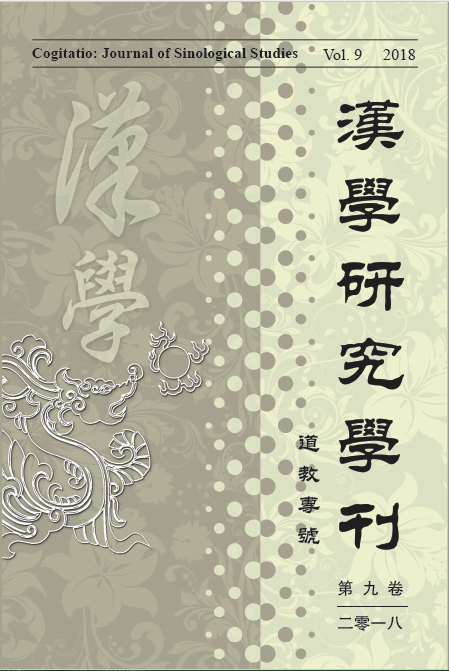略论道教对《老子》之“道” 的继承与发展 A Brief Discussion on the Inheritance and Development of Laozi’s Tao in later Taoism
Abstract
From the standpoint of religious Taoism, it is only natural to recognise the text Laozi as the source of its doctrines, especially teachings in regards to “Tao”, of which how religious Taoism gets its name. Apart from that, the ideas of naturalness, wuwei, quietness, and less desire in the Laozi are also the benchmarks used by religious Taoism in various aspects, such as religious practices and the theory of preserving health. The course of history inevitably had determined that later Taoism could not accept Laozi’s sayings unconditionally, but extended and supplemented to, sometimes even transformed what the Laozi had said. This paper aims to explore how religious Taoism inherits and develops the concept of “Tao” discussed in the Laozi. The specific method is to first summarise the content and characteristics of “Tao” mentioned in the Laozi, and then compare them with a few representative quotations from religious Taoist texts of various historical stages. Finally, this paper summarises that religious Taoism had developed the concept of “Tao” in five aspects, namely attribute, perception, application, argumentation, and ideal realm. By means of this method, an outline of how religious Taoism since the Han Dynasty inherited and developed the “Tao” of the Laozi can be drawn.
Keywords: Laozi, Taoism, inheritance, Tao, Tao Substance


